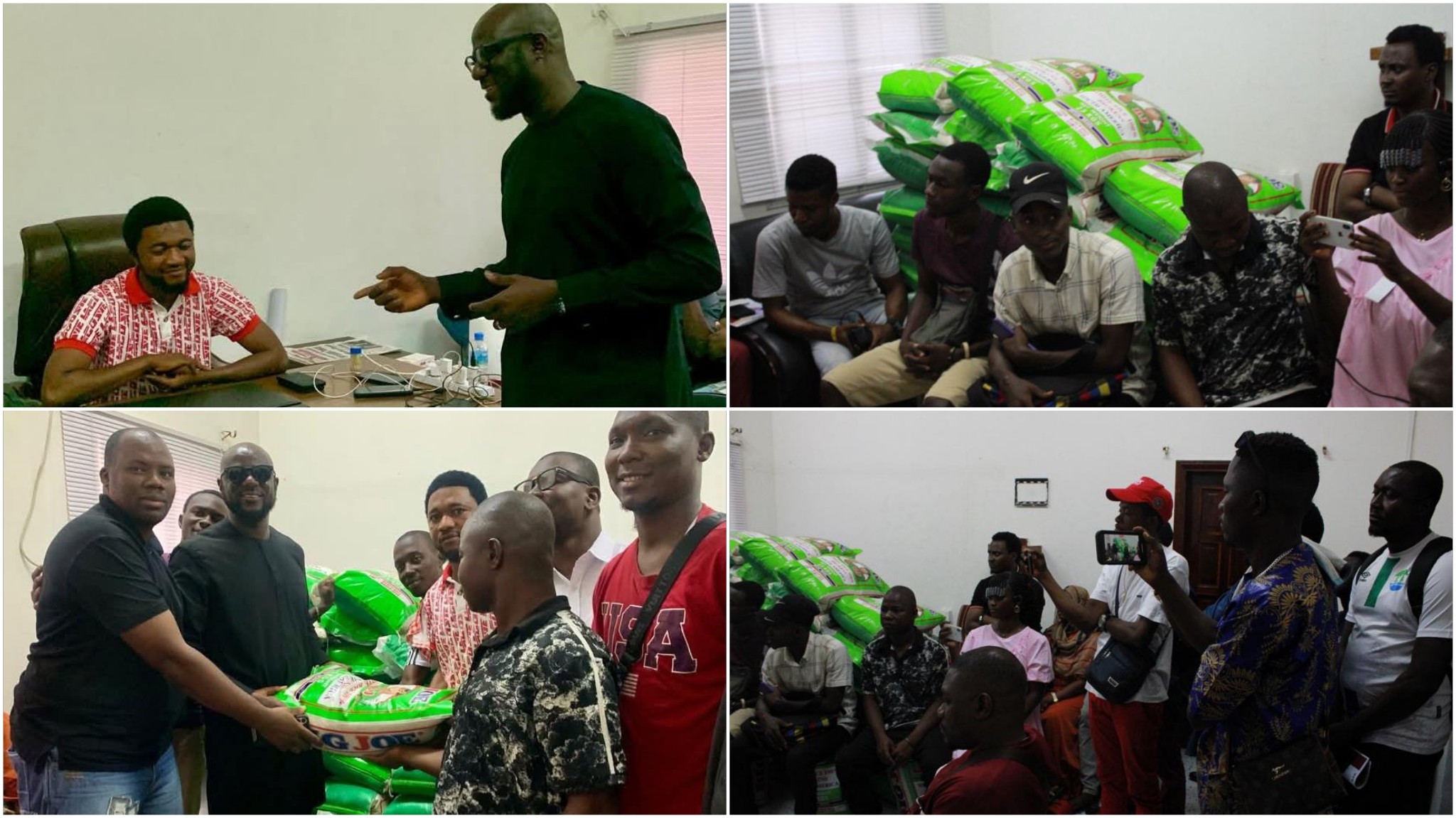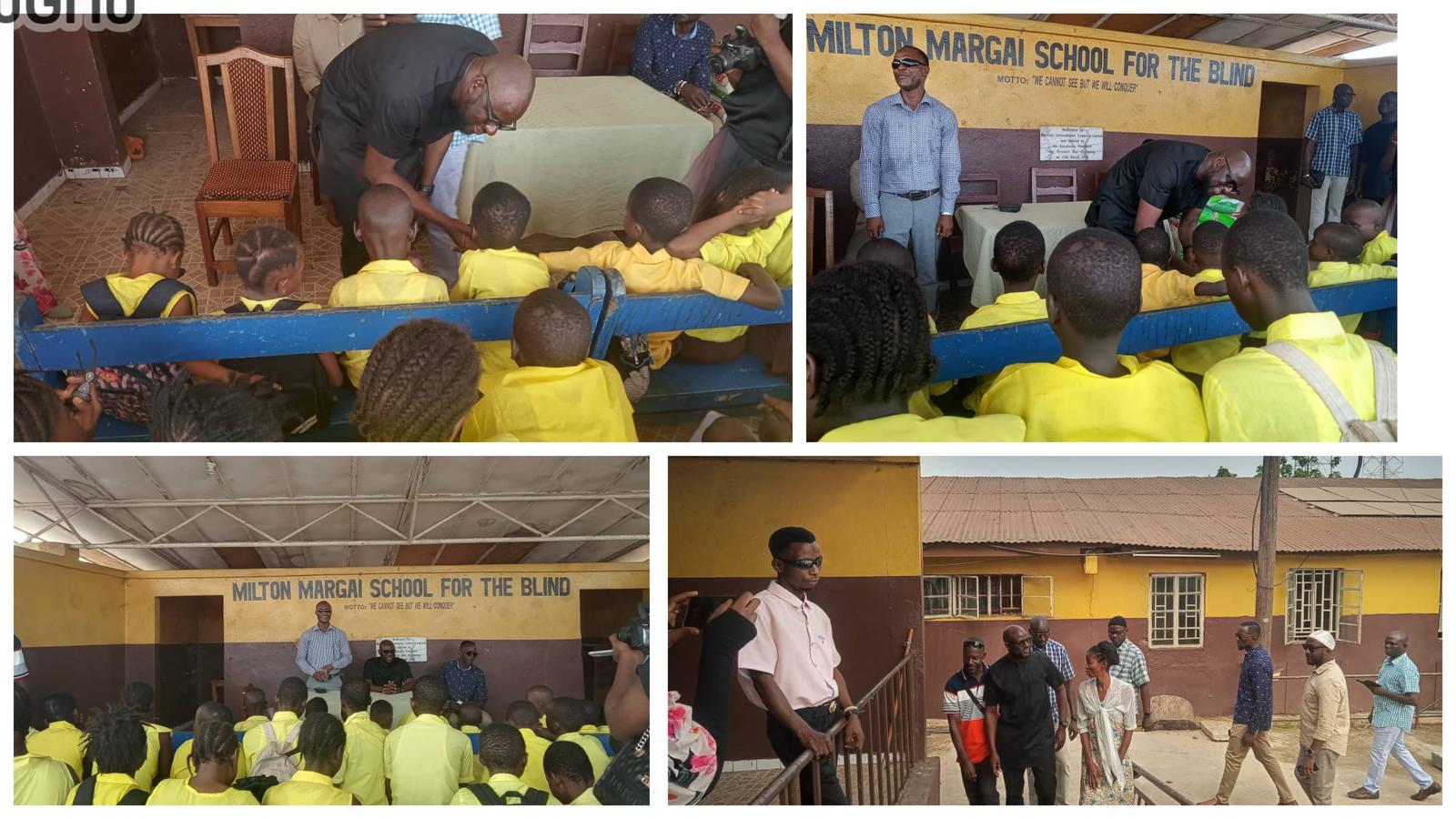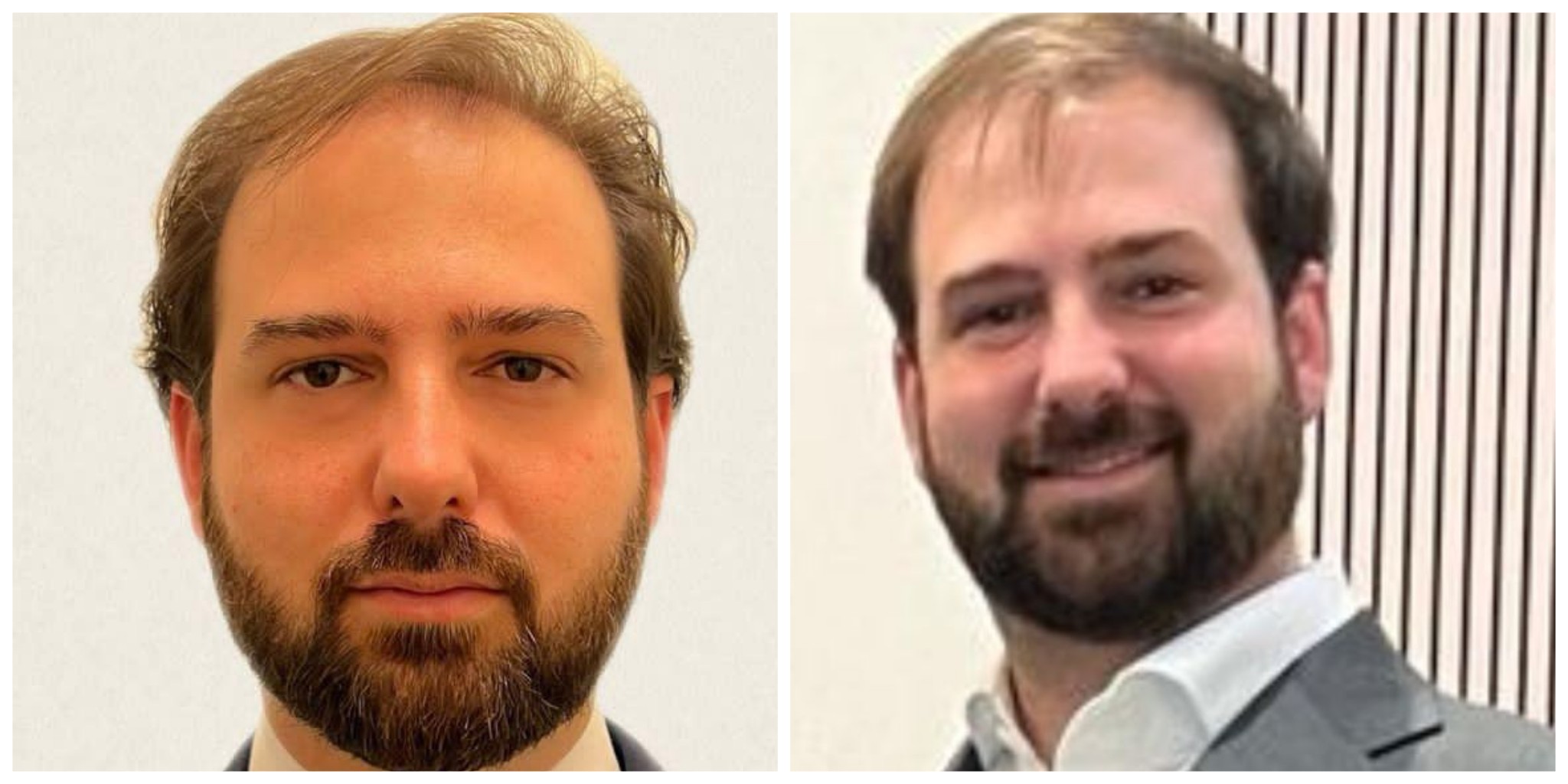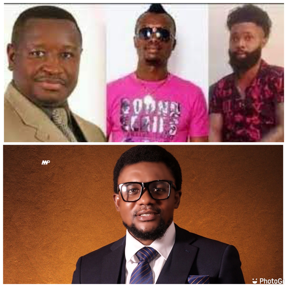
By: Emmanuel Allicious Macpherson Sam
Presidential pardon is as old as the justice system of the United Kingdom. There were times when the monarch of England enjoyed great powers to either punish a citizen or show compassion over such citizen because the public was of the view that punishment was not the only way for offenders to pay for their wrongdoings. The first pardon was granted in 1327 by King Edward III in his coronation celebration. Since then, many countries, if not all, have some form of clemency.
Presidential pardon or royal prerogative of mercy is rooted in the English legal system which was subsequently adopted by the U.S. Constitution. Sierra Leone, as a former British colony, emulated the British royal’s prerogative of mercy wherein a pardon is granted to a person who may have committed crime or been convicted of one. In Sierra Leone, the president usually pardons such people every New Year and April 27th, i.e., Sierra Leone’s Independence Day. This has become a norm for every president.
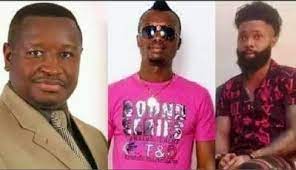
The United Kingdom has two key types of the royal prerogative of mercy: (1) free pardon (2) conditional pardon. The free pardon relieves the pardoned person of all penalties associated with his conviction and places him in a position such that the conviction never happened. That does not mean that his conviction record is wiped out completely, but rather all punishments associated with his conviction are quashed. In the English system, the conviction is not nullified, but the pardoned person is relieved of all penalties arising from the conviction. On the other hand, the conditional pardon is when, for example, a death penalty is handed down and the royal prerogative reduces it to a jail sentence. In this type of pardon, the penalty is reduced in severity.
In the United States v. Wilson case, Chief Justice Marshall of the Supreme Court defined presidential pardon as “an act of grace proceeding from the power entrusted with the execution of the law, which exempts the individual, on whom it is bestowed, from the punishment the law inflicts for a crime he has committed. So, Chief Justice Marshall laid test for a pardon to be completed which makes it hard to revoke. According to United States v. Wilson (1833), a pardon is said to not be complete until it is “delivered to the person that the pardon is intended for, and that person accepts the pardon unconditionally”. So, even if a president pardons someone, if that person doesn’t accept the pardon, then such pardon would not be granted. But if the person on the other hand accepts the pardon in its entirety, then he is a free man. This test has been used by both UK and U.S. courts.
In Sierra Leone, section 63 (1) (a) provides for presidential pardon or prerogative of mercy. Section 63 (1) (a) “grant[s] any person convicted of any offence against the laws of Sierra Leone a pardon either free or subject to lawful conditions.” Sierra Leone’s constitution did not make specific provision for limits to presidential pardon. Prerogative of mercy is also enshrined in the Sierra Leone 1991 constitution as provided for by Act No 6. Chapter V Part I, section 40 (4) (e) which states: “Notwithstanding any provisions of this Constitution or any other law to the contrary, the President shall, without prejudice to any such law as may for the time being adopted by Parliament, be responsible, in addition to the functions conferred upon him in the Constitution, for—the exercise of the prerogative of mercy.”
However, section 23 (9) states “No person who shows that he has been tried by any competent court for a criminal offence and either convicted or acquitted shall again be tried for that offence or for any other offence of which he could have been convicted at the trial for that offence save upon the order of a superior court made in the course of appeal proceedings relating to the conviction or acquittal and no person shall be tried for a criminal offence if he shows that he has been pardoned for that offence.” That section clearly states that once a person is pardoned by the president, there is no way that such person can be tried or reconvicted for the same crime.
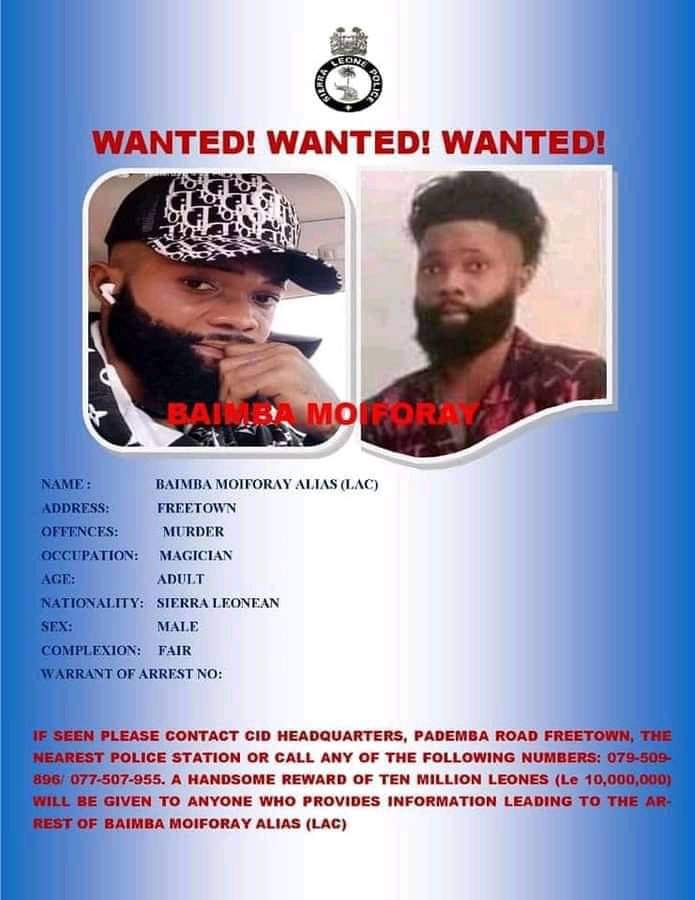
In Sierra Leone, it’s a fountain of honor bestowed on the president to pardon people that the Prerogative of Mercy Committee recommends to him. This committee comprises the Vice President of the republic of Sierra Leone, the Inspector General of Police, the Director of the Sierra Leone Correctional Services, the Minister of Internal Affairs, the Office of National Security (ONS) and the Central Intelligence Unit. Their responsibility is to vet the list that comes to them of inmates that deserve to be pardoned. After a thorough vetting of that list, it is then sent to the president.
Inmates can receive presidential pardon for both minor and major crimes. Minor crimes like larceny, traffic violation cases, fraudulent conversion, obtaining goods by false pretenses. Major crimes such as manslaughter, robbery with aggravation, wounding with intent and many more can also make it to the presidential pardon list. More importantly, the committee also considers inmates that have serious ailment conditions like HIV and Aids, tuberculosis, and anemia. So, the presidential pardon list isn’t absolute. It could be concluded that the names on the list are determined by case-by-case basis. In fact, there are other considerations that are made to make it to the list. Considerations like inmates that are considered fit ant proper or what they called the competent test. The inmates must have done about one third of his or her sentence and may have been through rehabilitation.
One of the most controversial cases of the 21st century came up when Baimba Moiforay, popularly known as LAC was convicted but was recently pardoned by the president. LAC was convicted of murder in 2015 and sentenced to 26 years of imprisonment and death by hanging. On January 1, 2022, as is customary in Sierra Leone, the president, acting within his prerogative of mercy, granted 160 inmates, including LAC, a presidential pardon. This pardon was offered, delivered, and accepted according to the test in the Wilson case. After the pardon was completed, and LAC started living like a normal citizen, there was a huge public outcry about his release. This prompted the president of Sierra Leone, His Excellency President Julius Maada Bio, to immediately revoke the pardon followed by an arrest warrant for LAC, who had already fled the country.
The decision of the president to revoke the pardon raised a serious legal issue that many lawyers were already grappling with. Many questions came to bear: Was the president legally right to revoke the pardon that was granted to someone who had unconditionally accepted it? Are there any legal precedents to follow for his decision? Could LAC be locked up again for the same crime for which he was pardoned? Legal minds across Sierra Leone struggled with some of the questions. Many people refused to talk about the issue because it was politically sensitive. Well, the aim of this Op-ed is not to say LAC should be a free man till death or that the government was wrong. The Op-ed is going to lay bare the arguments on both sides then struggling lawyers in the country could read and learn from it.
Section 63 (1) of the 1991 constitution provides:
“The President may, acting in accordance with the advice of a Committee appointed by the Cabinet over which the vice-President shall preside, (a) grant any person convicted of any offense against the laws of Sierra Leone a pardon, either free or subject to lawful conditions, (b) grant to any person a respite, either indefinite or for a specified period, of the execution of any punishment imposed on that person for such an offense, (c) substitute a less severe form of punishment for any punishment imposed on any person for such an offense, and (d) remit the whole or any part of any punishment imposed upon any person for such an offense or any penalty or forfeiture otherwise due to the Government on account of such an offense.”
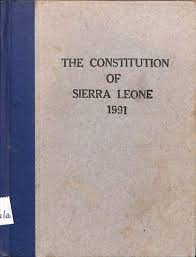
Thus, the president acted within the confines of the powers bestowed on him by the Constitution. But was he right to revoke an unconditional pardon? The answer to that question is more complicated than just a yes or no answer. It must be tested by a competent court of Justice to arrive at a conclusion.
In the famous English case of R v. Foster (Barry) [1985], it was held that “the effect of a free pardon was to remove from the subject of the pardon ‘all pains, penalties, and punishments whatsoever that from the said conviction may ensue’ but not to eliminate the conviction itself.” LAC was tried and was serving his sentence until he was pardoned by no less a person but the president of Sierra Leone. The president granted pardon to 160 inmates on New Year’s Day 2022. Out of the 160inmates, 117 had been sentenced to death penalty but their sentences were commuted to life imprisonment while the 43 inmates received a full pardon and were asked to walk out free. LAC was one of the 43 inmates that received the full presidential pardon.
According to Section 23 (9), “No person who shows that he has been tried by any competent court for a criminal offense and either convicted or acquitted shall again be tried for that offense or for any other offense of which he could have been convicted at the trial for that offense save upon the order of a superior court made in the course of appeal proceedings relating to the conviction or acquittal and no person shall be tried for a criminal offense if he shows that he has been pardoned for that offense.”
From the wording of the Constitution, if someone is tried once and convicted by a competent court of Sierra Leone, the same person cannot be retried for the same offense. It goes further to state that when a person is pardoned, he or she cannot be tried for the same offense. LAC was tried by the High Court of Sierra Leone and convicted. He was pardoned by the President of Sierra Leone in 2022. It sems like that section of the 1991 constitution was borrowed from the United States Constitution. The Double Jeopardy Clause in the Fifth Amendment to the US Constitution prohibits anyone from being prosecuted twice for substantially the same crime. So, the 1991 constitution seems to be asserting that someone cannot suffer from double jeopardy.
As stated in the locus classicus case of Ex parte Garland, “A pardon reaches both the punishment prescribed for the offense and the guilt of the offender; and when the pardon is full, it releases the punishment and blots out of existence the guilt, so that the eye of the law the offender is as innocent as if he had never committed the offense. If granted before conviction, it prevents any of the penalties and disabilities consequent upon conviction from attaching; if granted after conviction, it removes the penalties and disabilities, and restores him to all civil rights; it makes him, as it were, a new man, and gives him a new credit and capacity.”
In the spirit of natural justice, as reiterated by Section 23 (9) of the Constitution of Sierra Leone, no man should be punished twice for the same crime. In most pardon situations, when once a person is granted pardon, the pardon takes full effect, and the person is free. It would be unconscionable and unfair for such a pardon to be revoked with the presumption that no person should be punished twice for the same offense.
Section 171 (11) (a) Chapter XIII—MISCELLANEOUS provision of the 1991 Constitution states the following:
“Where any power — (a) is conferred by this Constitution to make any order, regulation, rule or pass any resolution or give any direction or make any declaration or designation, it shall be deemed to include the power, exercisable in like manner and subject to the like conditions, if any, to amend or revoke any such order, regulation, rule, constitutional or statutory instrument, resolution, direction, declaration or designation as the case may be; provided that nothing in this subsection shall apply to the power to issue a certificate conferred by paragraph (b) of subsection (6) of section 50 of this Constitution.”
From the above provisions, it appears that constitutionally, if the court was higher than the court that decided the LAC matter, there could be a possibility of granting the revocation in the hands of the president. Apparently, the president has the power to make regulations, give orders, and amend and revoke same. Therefore, subject to judicial interpretation and taking into cognizance the rules of interpretation, especially the mischief rule, one could say that the president can “say and unsay” any order. To all intents and purposes, from the United Kingdom perspective, such a revocation would seem possible because the Crown would have the power to make and unmake any decree.
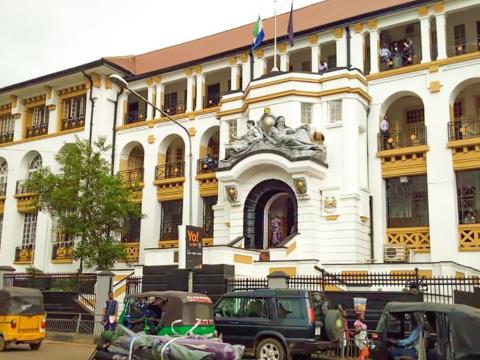
In the English legal system, the royal prerogative of mercy is subject to judicial review. For example, R v. Secretary of State for the Home Department, ex parte Bentley [1993] held the following:
“The court had jurisdiction to review the exercise of the royal prerogative of mercy by the Home Secretary in accord with accepted public law principles since the exercise of the prerogative was an important feature of the criminal justice system and a decision by the Home Secretary which was infected with legal errors ought not to be immune from legal challenge merely because it involved an element of policy or was made under the prerogative.”
Although the authority to pardon rests with the crown, the free pardon is consolidated by the Criminal Appeal Act 1995, Section 16:
(1) Where the Secretary of State refers to the Commission any matter which arises in the consideration of whether to recommend the exercise of Her Majesty’s prerogative of mercy in relation to a conviction and on which he desires their assistance, the Commission shall (a) consider the matter referred, and (b) give to the Secretary of State a statement of their conclusions on it; and the Secretary of State shall, in considering whether so to recommend, treat the Commission’s statement as conclusive of the matter referred.
(2) Where in any case the Commission are of the opinion that the Secretary of State should consider whether to recommend the exercise of Her Majesty’s prerogative of mercy in relation to the case, they shall give him reasons for their opinion.
The current law with regards to the royal prerogative of mercy was established in the case of Bentley (1994), where Lord Watkins in the Court of Appeal stated: “We understand the strength of the argument that, despite the fact that a free pardon does not eliminate the conviction, a grant of a free pardon should be reserved for cases where it can be established that the convicted person was morally and technically innocent.” He went on to state, “It would be neither desirable nor possible to lay down hard and fast rules as to the exercise of the prerogative of mercy. Numerous considerations – the motive, the degree of premeditation or deliberation, the amount of provocation, the state of mind … character and antecedents … and many other [factors] must be taken into account in every case.”
Thus, the United Kingdom has a completely different test when it comes to the prerogative of mercy. It must be proved that the person convicted was morally upright, or the conviction was defective. And such person must pass the morality test and good person test as well. This brings in public outcry. If the public thinks that such a person is morally vacuous, then he or she does not deserve presidential pardon. However, such test is subject to many interpretations.
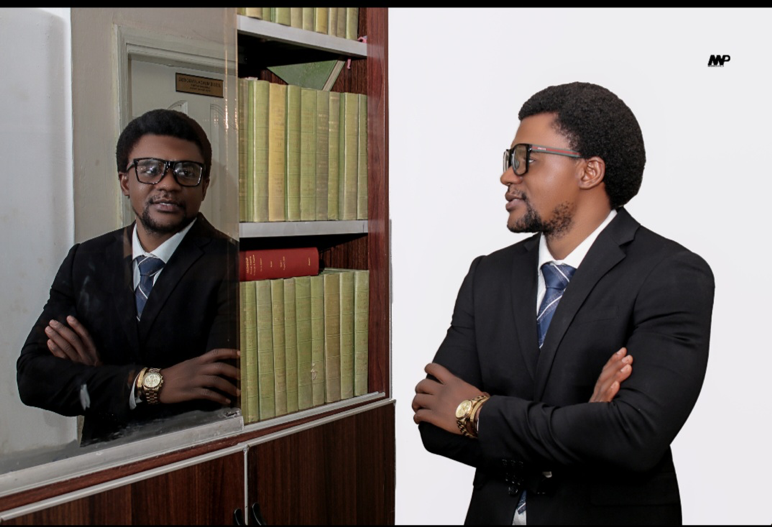
In conclusion therefore, the constitutional review committee has a lot of work to do. The current constitutional provisions are dormant as to whether the presidential pardon should be subjected to rules of judicial interpretation. If we were to critically look at the rules of statutory interpretation in law, especially the Literal and Mischief Rules, then we have two sides to the story. A proponent of a Literal rule of interpretation would say, the wording of the constitution is very clear that once a person is pardoned his pardon cannot be revoked. However, someone who believes in the Mischief rule of interpretation would say, the mischief that pardon corrects gears towards someone who has been well rehabilitated and his or pardon should not cause a public outcry.
So, there is no right or wrong stance that one could take. However, if the case were to go to court, then a determination could be reached quite easily with the available case laws. President Bio used his powers in a way that was analogous to other presidents. Because of the resultant public outcry, he decided to revoke his pardon. This revocation has come under serious questioning by constitutional lawyers. Many are of the opinion that the president already pardoned the person with no conditions attached and he cannot go back against his decision to revoke the pardon. If this were to happen it would appear like punishing the person for the same crime twice. Others believe that the president has the authority to revoke any prerogative that he may extend to anyone. It is left with the constitutional review committee to make the law regarding presidential pardon and revocation clearer.
About the Author:
Emmanuel Allicious Macpherson Sam
Emmanuel Allicious Macpherson Sam is a Barrister and Solicitor of the High Court of Sierra Leone with seven years standing. He is the Managing Partner of Jengo, Sam and Partners Law Firm in Sierra Leone. He is currently pursuing a PhD in Corporate and Compliance Law at Suffolk University School of Law, United States of America and also reading for his Applied Behavior Analysis (ABA) at Simmons University, Massachusetts. He also holds a Master of Laws in Human Rights and Global Economy, Bachelor of Arts First Class First Division Honours, Bachelor of Laws First Class First Division Honours. He was the valedictorian (best graduating law student in 2013) and a recipient of the University of Sierra Leone and the Sierra Leone Law School Academic Excellence Award. He was the Commencement Speaker for the LL.M. class of 2016 at Northeastern University School of Law in the United States.

Emmanuel has worked for renowned legal institutions around the world. Emmanuel worked with Raoul Wallenberg Institute of Human Rights and Humanitarian in Sweden. He has worked for Boston Legal Services in Massachusetts and Massachusetts Advocate for Children in the United States of America.
He is a legal practitioner, environmental law, European business law, human, media and digital rights advocate. Emmanuel is a strategic litigant trained by Media Legal Defence Initiative (now Media Defence), a not-for-profit organization based in the UK on Internet governance in Africa. Trained in Civic Space litigation by Robert F. Kennedy Human Rights Organization, based in United States of America. He is a founding member of West Africa Media Lawyers Association based in Abuja, Nigeria. Between 2018 and 2020, Emmanuel presented amicus curiae briefs before the Ecowas Court of Justice in Nigeria in different human rights and environmental law cases. He has made a lot of appearances in the African Court on Human and People’s Rights, Arusha, Tanzania.

